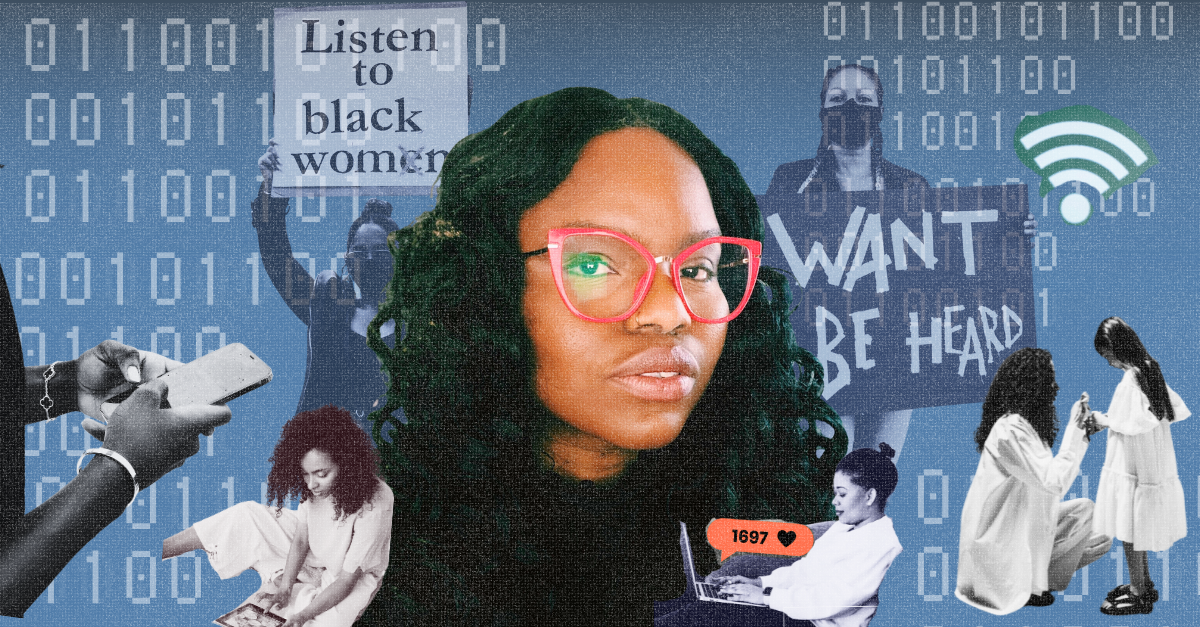Reimagining Feminist Digital Worlds
The founder of PARIWO and creator of the social media platform, neno, Ann Daramola, discusses building technology by and for African women and reimagining digital platforms that centre Black African experiences.
I got the chance to join the public beta test for neno last year after discovering PARIWO. The name PARIWO—a Yoruba word meaning "to make noise"— describes the ecosystem of digital publishing tools and platforms created to amplify voices from the margins. neno, meaning “word” in Swahili, is PARIWO's flagship product, a community-owned and story-based social media platform, built with the intention to create spaces where marginalized voices can gather and share their stories in ways that reflect their own contexts and needs, with algorithms designed to be organic and non-toxic.
PARIWO is led by Ann Daramola, a software engineer and entrepreneur with 15 years of technical experience across companies including Disney and Glossier. Daramola, an African woman of Yoruba descent born in Nigeria, blends her technical expertise, feminist principles and continental and diasporic ties, with her work as a community organizer advocating for Black tech workers and as a curator of Black African stories throughout the diaspora.
This conversation with Ann Daramola takes on special significance at a moment when African women’s digital existence stands at critical crossroads in an increasingly anti-activist internet where all major platforms are now owned by far-right leaning men; where technology enables hypervisible organizing while at the same time amplifying existing systems of power that marginalize Black African voices.
By centring themselves in conversations about who builds, critiques and reimagines technology, African women, like Daramola, are dispelling centuries of repressive discourse. Through neno, Daramola is reimagining platform architecture itself attuned to the histories, users and contexts of Africans and the Black diaspora as a direct challenge to the governance models of western tech giants. This work is particularly urgent as we witness platforms like Twitter/X and Meta abandon content moderation systems, directly impacting precarious communities and activist movements online, and reflecting deep-set power imbalances in the digital economy.
What Daramola articulates so powerfully in her work with PARIWO and neno is that ‘technology is just an amplification and acceleration of our material conditions.’ By shifting centres to the margins, Daramola and other Afro-Feminist technologists are working with an entirely different set of raw ingredients, reimagining our digital worlds from their very foundations.
Our conversation continues below and has been edited for brevity and clarity...




